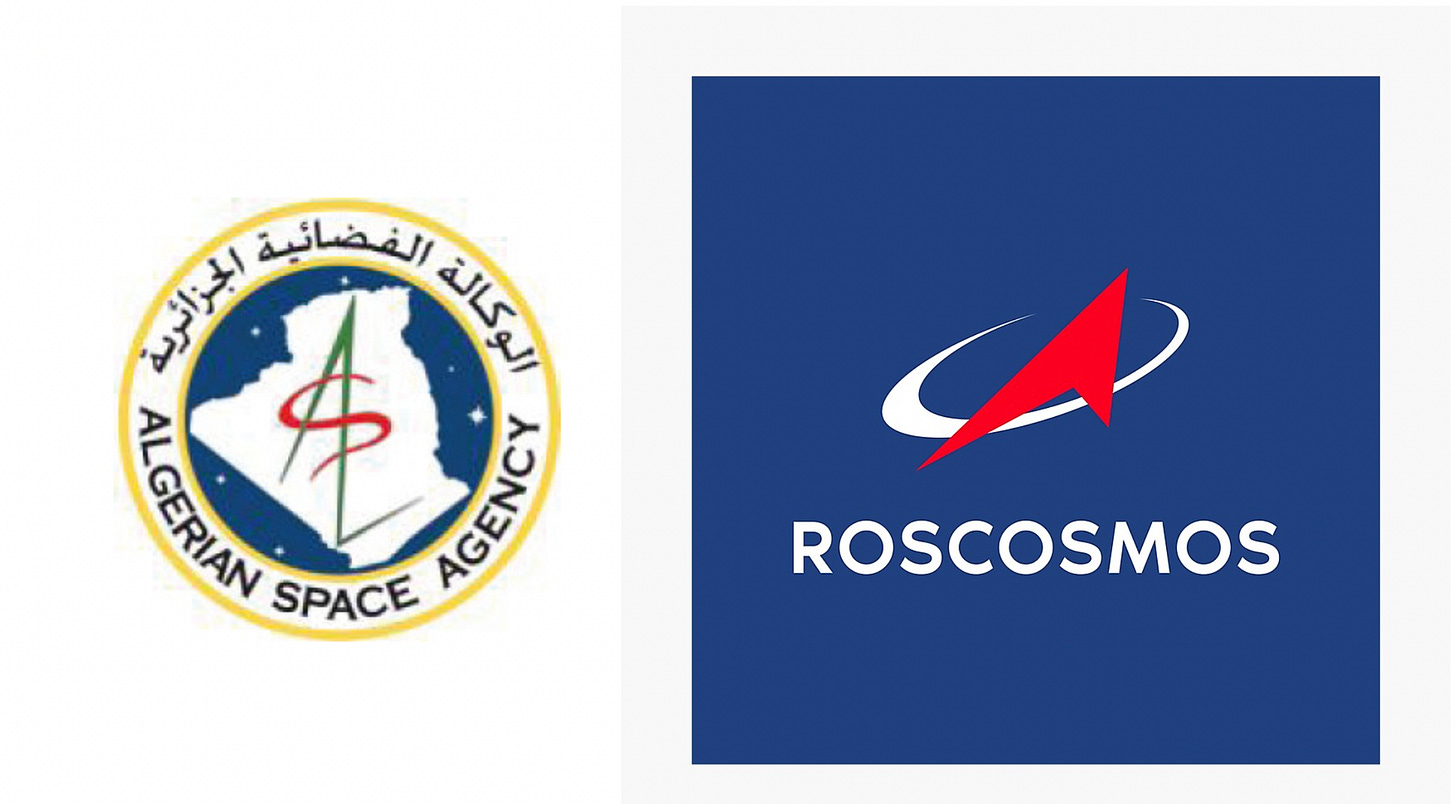Algeria joins the global and regional race for space
On July 22nd, Algerian president Abdelmadjid Tebboune told CCTV in an interview during a visit to China that he considers his country a superpower in Africa. During the trip, many deals were signed in several sectors such as mining, but one stands out which is space. In that sector, China will help Algeria build its own satellites locally and will transfer knowledge needed for launching and managing them. A month before his China trip, Tebboune visited Russia to renew its strategic partnership with Algeria which included signing a governmental agreement for cooperation in “space exploration and the use of outer space for peaceful purposes”. Shortly after, Russia invited Algeria to be part of its space programme by joining the construction of a Russian space station and helping it build its own national station.
In pursuit of advancing its regional and middle power status, Algeria is keen to compete with regional actors to secure a share of the growing demand for space industries. Over the past five years, the region experienced an explosion in investments in space and governments are making their national space programmes a priority. For these governments, space is becoming a key area of power projection and competition.
Algeria’s space programme is relatively old but was modest in nature until 2014 when an agreement was signed with China which led to the launch of the first Algerian communication satellite in 2017. Since, the programme stagnated but recent new energy and competition is expected to increase Algeria's commitment to the programme. This will enhance Algeria's position in areas such as agriculture, mining, shipping, and defence by building satellites locally to provide services across Africa. Geopolitically, Algeria gaining an edge in space will strengthen its position in the competition with Egypt, Morocco and Israel that are increasingly seeking greater influence in Africa and beyond, which may threaten Algeria’s security and strangle its influence.
African countries' space endeavours are still nascent with South Africa having the most advanced programme. Egypt have recently increased its investment in space and is working on producing its own satellites backed by China and Russia. Officially, Egypt is the host of Africa Space Agency in recognition of its leading position in the area. However, unlike Egypt, Algeria has the fiscal lever to support the building of an advanced space programme. Local talent development will be required and more substantial government investment in related education and knowledge sharing is needed. Furthermore, the regulatory environment remains unprepared to deal with such domain and more work is needed in that regard.
In the Middle East, Algeria is competing with Turkey, Iran, Israel, the UAE, and Saudi. Space satellites have been growingly deployed by these states in cooperation with international actors such as China, Russia, France and others. The only two countries that can make their own satellites are Iran and Israel. They also have the most advanced space defence programmes. Iran used its military satellites to guide missiles and drones attacking Israel while Israel uses spy satellites to collect data on Iran’s military. However, gulf countries are rapidly increasing their involvement and investments in space.
Overall, Algeria’s pursuit of an advanced space programme is a milestone in its way to grow its influence in the African continent and beyond. It is a response to changes in the balance of power and geopolitical dynamics in its surrounding.


